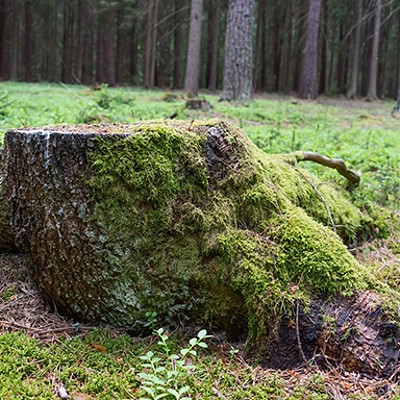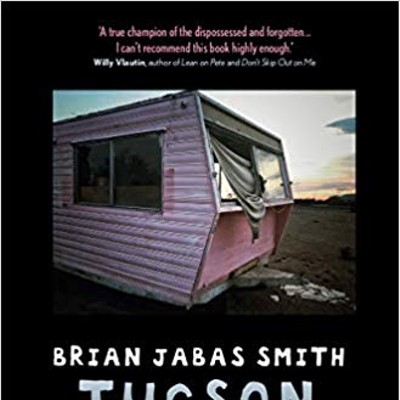And so Skip decided to take revenge.
But not on his brother. Instead, two weekends a month, Skip dons shiny metal armor and a large wooden shield and joins his warrior brethren in battle upon the fields of Darkon, a kingdom of intrigue, magic and a strict call-your-own-hit combat system with a per-battle experience point bonus.
Darkon, the story of a massive live-action role-playing game (LARP) in the Baltimore/DC area, is pretty much the only film with a "fantasy/documentary" genre designation. It's also a touchingly human movie about the eclectic assortment of businessmen, nerds, strippers and partyers who enjoy dressing up as heroes or elves or busty, busty maidens.
And of those heroes, one stands out for his bravery and nobility, and for the fact that he has begun to find the world of Darkon to be, in some ways, more real than his life as an unarmored suburbanite. That man is Skip Lipman, or as his Darkonian allies call him, Bannor of Laconia.
Opposing Skip is the evil Keldar of Mordom, aka Kenyon Wells, a manager at an IT consulting firm (evil!) who, in the world of Darkon, is warlord of a wicked empire that seeks to enslave all the free kingdoms, taking their lands, honor and lunch money.
The film starts with a pronouncement of war by Skip in his Bannor of Laconia guise. Bannor has had enough of the evil he wrought when he was still in alliance with the Mordomians, and now seeks to right these wrongs by hitting people with foam weapons until they submit to his glorious might.
Cutting to nine months earlier, when Bannor's plot was first gestating, Darkon then proceeds to explore the lives of a half dozen of the most devout Darkon players.
There's Rebecca, a single mom and ex-stripper who lives in her parents' basement and feels like she has no control or satisfaction in her life. Well, in her "real" life; in Darkon she's Nemesis, leader of a band of adventurers who look to her for guidance and snacks.
And then there's Danny, a college kid who gives off the downy scent of virginity and speaks of himself in the third person. "I like Danny but sometimes Danny doesn't have the balls to do what Danny needs to," he says, recounting his inability to talk to women who aren't wearing bodices and speaking in mock old English. Thus he becomes Trivius the nomad, wandering the world of Darkon in search of respect and a pretend girlfriend, like maybe an elf or something.
The elves of Darkon actually seem to be the most dedicated, and to be having the most fun. They darken their faces, speak in elvish, and revel in betrayal and canned alcohol beverages. "I come here, pay $5, beat everything within sight, have a good time, sit down, drink a beer," says one unidentified elven man. Other than the blackface makeup and vaguely medieval outfit, he looks like the kind of guy you'd meet at a local sports bar, except that he could totally kick your ass with a halberd.
While the characters have fun, play make-believe, and occasionally seek some greater sense of esteem, Skip immerses himself in his plans as Bannor. In one of the weirdest and most affecting sequences, Skip and his friend James sit at a local diner discussing their in-game lives. James wants to switch sides and take up with Keldar, but Skip takes this as a real betrayal. "It's just a game!" says James, but Skip, unable to make the distinction, loses a friend.
The drama and passion of Darkon are surprisingly affecting, and the filmmakers, though understanding the oddness and even ridiculous nature of the game, never laugh at the players. Instead, they use the split between real life/game life to create a very compelling story about the ways in which people find meaning and define identity.
One thing the film makes clear is the line between acting and being is very thin. "Long before I was ready to negotiate a multi-million dollar contract, I was negotiating a treaty between our country and other countries," says Kenyon/Keldar, reclining in his office chair. It's not immediately apparent which of the two gives him a greater sense of accomplishment.
Directors Luke Meyer and Andrew Neel have done an expert job editing a strong, story-centered film out of the hours of footage they shot, producing a completely engrossing 84 minutes. The story of Bannor's fight against Keldar gives the movie its plot. But the heart of the film is in the lives of people like Skip and Danny and Rebecca. For them, Darkon is place that is as full of failure and difficulty as the real world, but it's a place where those failures and difficulties have a meaningful place in a larger story, and it's a place where, as each of them notes, they have some control over their own destiny.













